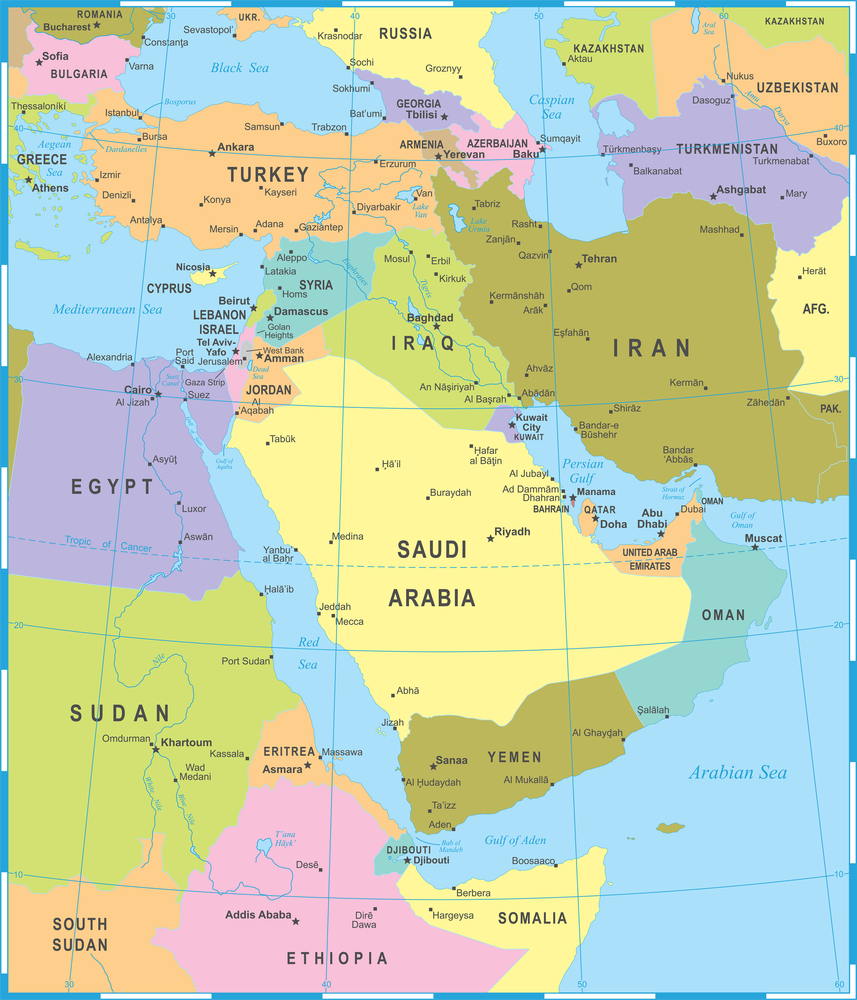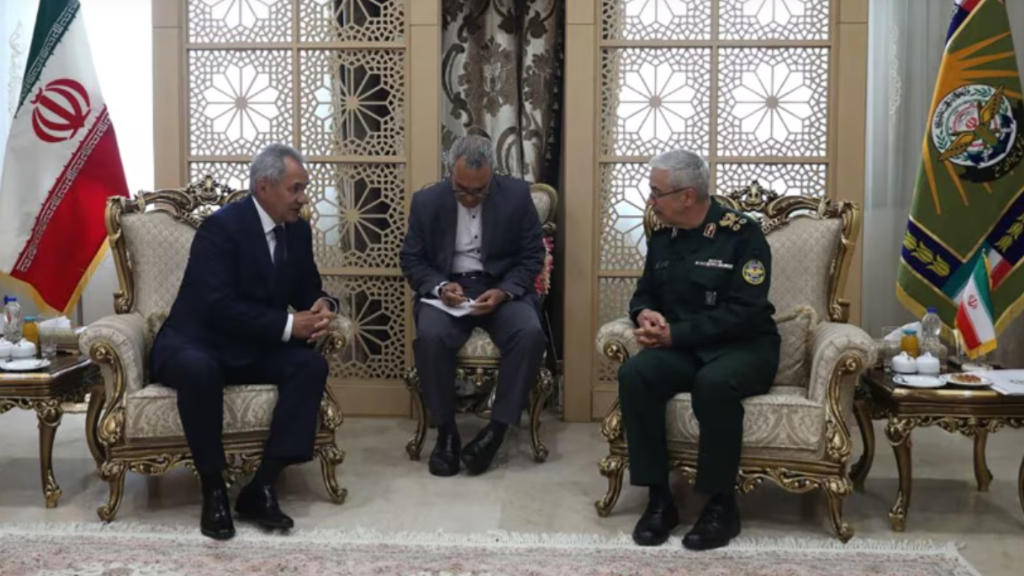BREAKING NEWS: Wednesday August 7
Vladimir Putin has reportedly told Iran to avoid civilian casualties in any retaliatory attack on Israel for the assassination of the Hamas political leader Ismail Haniyeh.
Sergei Shoigu, Russia’s Security Council Secretary, has arrived in Iran for discussions with Iranian Supreme National Security Council Secretary Ali Ahmadian, and the Chief of the Iranian Armed Forces General Staff Mohammad Bagheri. Shoigu was until recently the Russian Minister of Defence and oversaw the situation in Ukraine for the first two years of the conflict.
The new Iranian President, Masoud Pezeshkian will also receive Shoigu. The meetings come immediately after Israel’s rocket attacks in Tehran which killed the Hamas leader Ismail Haniyeh, which had occurred hours after an earlier Israeli airstrike killed Hezbollah’s military chief, Fuad Shukr, near Beirut in Lebanon. Israel, supported by the United States and broader Western allies, now faces responses from both Lebanon and Iran.
Shoigu’s visit was aimed at addressing a broad range of bilateral cooperation issues, from security to trade and economic projects, as well as various aspects concerning global and regional security. That has now been bought into sharp focus as Iran’s patience over Israel starts to fray over its perceived persecution of all Palestinians. Hamas, the Palestine affiliated group, attacked Israel in October last year in an operation that, according to the United Nations, saw 1,379 Israeli’s killed and another 479 taken hostage. In response, an estimated 39,145 Palestinian’s, mostly women and children, have been killed by Israeli attacks, mainly in Palestine’s Gaza Strip as Israel seeks to eliminate all Hamas personnel. Now those attacks have spread to neighbouring Lebanon and into Iran. The situation remains highly inflammable and could lead very quickly to a regional Middle East war.
Russia and Iran collaborate on a wide arena of issues, including security, military supplies, and training of militia. Neither will especially wish to see the current situation escalate, with both blaming the United States for aiding Israel to such a degree. The blanket forced removal of Palestinian’s either by death or forced migration – effectively a genocide – has become a cause of great societal concern in the West. The West’s respective governments remain supportive of Israel, a situation that is now creating street conflicts in Europe, typically blamed by these governments on the ‘far right.’
Israel may also be attempting to ‘push’ the newly elected Iranian President, Masoud Pezeshkian, who only took office on July 28, into a military response immediately following his initial Presidential statement that he wanted “better relations with the West.” Israel’s attacks on Tehran seem almost deliberately timed to provoke him into acting against Israel and therefore making it easy for Israel to point him out as an enemy – and denying him those same relations.

Beyond Israel and Palestine however, Russia and Iran have much additional issues to work on. These include mutual developments in terms of joint financial settlements, the expansion of the North-South Transportation Corridor, in addition to Iran’s full membership of BRICS and the Shanghai Cooperation Organisation. Iran also has a Free Trade Agreement with the EAEU, while Moscow will be interested in Iran’s energy sector and other mutual areas of trade and investment. Collectively, these are more important than Israel – a point that Tel Aviv may also wish to create disruptions to prevent.
Russian President Vladimir Putin meanwhile will be meeting with the new Iranian President at the forthcoming BRICS summit in Kazan in October. Pezeshkian had stated that immediately following his recent election that “Russia is a valued strategic ally and neighbor to Iran and my administration will remain committed to expanding and enhancing our cooperation.”
Quite how far that extends to preventing an escalation of conflict in the Middle East and Russia’s involvement in this remains to be seen. The next few days will be telling.
Further Reading
Russia and Iran: The Trade and Investment Dynamics Amid A Potential Regional War

 Русский
Русский













